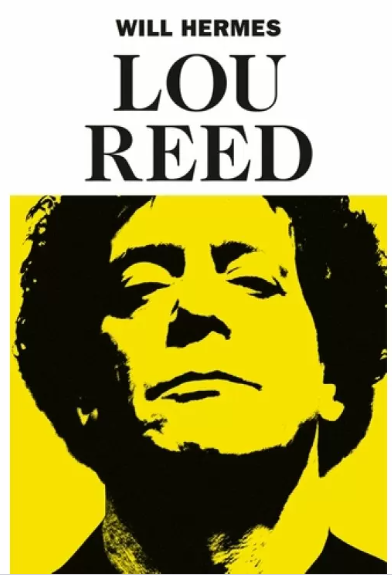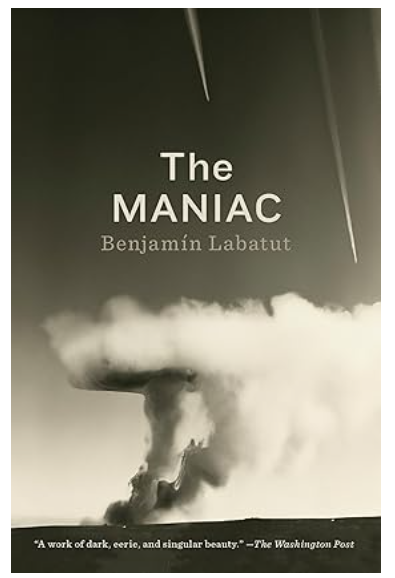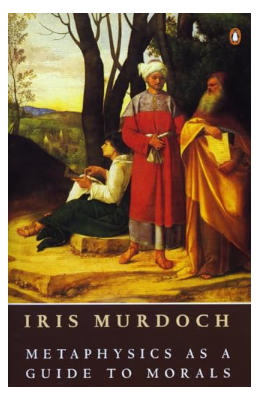By Don Curren
All things
considered, 2024 was for me a reasonably good, albeit not spectacular, year of
reading
I read a
total of 63 books, down markedly from the 89 I read in 2023, as well as
substantial bits and pieces of several other books.
It was perhaps
a little above average in terms of the quality of the books I read. In my
summary for last year I wrote about nine notable books, as opposed to 10 for
this year.
I suspect both
years pale compared to 2020, when I started off the year with an excellent
streak of high-quality books in January and February, and then unexpectedly
found myself with an expanse of extra reading time during the lockdown days
that began in March.
As I noted
in last year’s piece, I tend to follow my own quirks and interests when deciding
what to read rather than the bestsellers lists or what the critics are writing
about or any other expressions of the literary Zeitgeist.
I read a lot
of books about technology and our species’ relationship to it in ’24, my usual
quota of speculative fiction, some economics and politics, and perhaps fewer
books about music and the other arts than I usually do.
Contingency,
in the form of what I find in used-book stores, on the shelves of the local
library or in the local “little libraries” probably plays too big in
determining what I read, as well.
For these
reasons, this list doesn’t work the way that most “Best of …” lists work.
I don’t
pretend to have scoured the internet to find all the important books published
in 2024 and then offer a comparative ranking of them.
Instead, I have
tried to identify the books I most want to tell you about from my idiosyncratic
reading during the year, for whatever reason, including my belief that they may
be worthwhile or important for you to read, if you’re interested in them.
Unlike last
year, when I picked out just one “Most Notable” book, I’ve decided to offer
most notables in fiction and nonfiction. Since I found it hard to pick just one
in either category, there are two of each.
Of course,
picking out the four most notable was difficult. Even picking the 11 that made
the final cut was challenging, as I did read a lot of good books this year, and
there were many also-rans that might have dislodged some of those that were picked
and earned a spot on the list if I had composed it in a different mood on a
different day.
Here,
without any further adieux, are the ones that made the list.
Most Notable
Nonfiction:
1 Blood in
the Machine: The Origins of the Rebellion Against Big Tech by Brian Merchant.
A gripping
and sympathetic account of the Luddite uprising in the early nineteenth century intertwined with a
discussion of more recent resistance movements against technology that
displaces people. This book explores with eloquence and insight what I believe is one
of the most important issues facing humanity: who controls the evolution of our
technology. It was also the subject of last year’s most notable book Power and
Progress: Our Thousand-Year Struggle Over Technology and Prosperity, Daron
Acemoglu and Simon Johnson,
who went on to win the 2024 Nobel Prize for Economics along with their
colleague James Robinson.
2 The Unaccountability
Machine: Why Big Systems Make Terrible Decisions and How the World Lost its
Mind by Dan Davies.
I was
intrigued by this book from the moment I first read about it. The title alone seemed
to hint at a level of insight into the pervasively fucked-up nature of things
in the 21st Century that didn’t seem forthcoming elsewhere. I was
bereft when I discovered it wasn’t scheduled for release in Canada until the
spring of 2025. So, I did something out of character – I sprang for a brand-new,
hardback British edition on amazon.uk (I normally avoid Amazon like I tried to
avoid COVID-19). It lived up to my expectations, but I’m going on too long here,
so I’ll do a separate, full review of it in January.
Fiction:
1 Prophet
Song by Paul Lynch
In Prophet Song,
Paul Lynch takes the kind of experiences that have all too often befallen
people living in Syria and other countries sundered by civil war, and eloquently
and movingly translates them to the “first-world” environment of modern
Ireland. By doing so, he achieves two important things: increasing our empathy
for those people, and warning us about a future that could all too easily
befall us.
2 Life After
Life by Kate Atkinson
It’s easy to
be dazzled by the experiment Atkinson attempts in Life After Life – tracing dozens
of different arcs her protagonist’s life might have taken if things worked out
differently. But underneath that sometimes confusing framework is a beautifully
written novel about some deeply realized characters courageously facing their destinies
through WWII, and, in particular, in the London Blitz.
The rest, in no particular order:
5 Iconology:
Image, Text, Ideology by WJT Mitchell
For quite a
while now, I’ve been fascinated by the role of icons and images in contemporary
culture, and that fascination led me to WJT Mitchell’s book in 2024. It’s not
an easy read, but it offers an illuminating, high-level look at how images work
and how they resemble – and differ from - written language.
6 The
Waterworks by EL Doctorow
The
Waterworks is the first work I’ve ever written by Doctorow, and I really
enjoyed it. Some of the central plot tropes might be a little tired, but the
atmosphere of grim, almost apocalyptic suspense and the wonderful, gritty
depiction of New York in the early 1870s made for an absorbing read.
7 Big
Machine by Victor Lavalle
Lavalle is
an intriguing writer whose fiction combines Lovecraftian supernatural/horror
elements with a stark realism derived from the milieux of his African American
protagonists. His works also bristle with sardonic wit, and this is the best
one I’ve read yet.
8 Lou Reed:
King of New York by Will Hermes
I was a
little ambivalent about putting Lou Reed: King of New York on this
list. Not because it’s a badly done book. It’s well written and exhaustively
researched, but because the portrait of Lou Reed that emerges is even more
disturbing than you might expect. But it’s the song, not the singer, that’s
important in the ultimate analysis, and Hermes’ book sheds as much light on
Reed’s brilliant and original music as he does on this damaged, narcissistic
personality.
9 The MANIAC
by Benjamin Labatut
A stunning
fictional reflection on the nature of science and reason, the acceleration of
technological change in the 20th Century and one of the Promethean
figures at the centre of it, the mathematician/computer scientist/economist
etc. John Von Neumann. I posted this review of it in April.
10
Metaphysics as a Guide to Morals by Iris Murdoch
Irish
Murdoch was an academic philosopher as well as a prolific and accomplished
novelist. I was hoping for a systematic exposition of her philosophy in this
1992 book, but, as it’s based on series of lectures she gave, I didn’t get it.
It’s nonetheless a treasure trove of wisdom and insight, including searching
thumbnail critiques of philosophers like Plato, Ludwig Wittgenstein and Jacques
Derrida, as well as thoughtful explorations a broad range subjects of morality,
consciousness, and the nature of literature and art.










Comments
Post a Comment